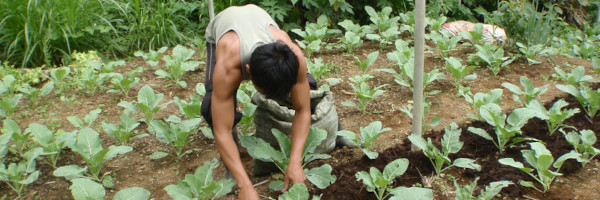Organic Farming
| Agriculture | |
|---|---|

| |
| Sectors | Agriculture |
| Contact | Wilfred Pinfold |
| Topics | |
- Authors
Organic farming is a method of farming that focuses on using natural methods to grow crops and raise animals, without the use of synthetic fertilizers, pesticides, or genetically modified organisms (GMOs).
Organic farming is a method of farming that focuses on using natural methods to grow crops and raise animals, without the use of synthetic fertilizers, pesticides, or genetically modified organisms (GMOs). Organic farmers rely on techniques such as crop rotation, composting, and natural pest control to maintain soil health and productivity. Organic farming also places a strong emphasis on animal welfare and biodiversity.
Benifits:
- Better for the environment because it reduces pollution from pesticides and synthetic fertilizers.
- Promotes biodiversity by encouraging a diverse range of crops and animals on the farm.
- Often results in healthier food because it does not rely on synthetic preservatives or genetically modified ingredients.
- Does not require them to purchase expensive synthetic inputs, which can be a financial burden for small farmers.
Drawbacks:
- Is be more labor-intensive and time-consuming than conventional farming because it relies on natural methods.
- Can be more challenging to manage pests and diseases.
- Requires more land and resources than conventional farming because it does not rely on synthetic inputs.
- More expensive for consumers because of the higher costs associated with producing organic food.
- Yields are often lower than conventional farming, this means that organic farmers need to farm larger areas to produce the same amount of food as conventional farmers.
Organic farming is a method of farming that has grown in popularity in recent years due to the increasing awareness of the negative impacts of synthetic chemicals and genetically modified organisms on the environment and human health. While organic farming has many benefits, it also has its challenges, and it's important to consider the trade-offs when making decisions about how to grow food.
